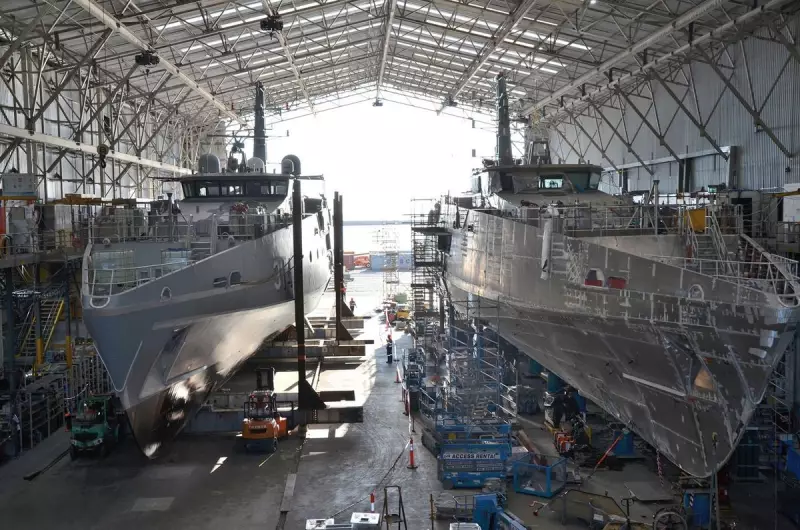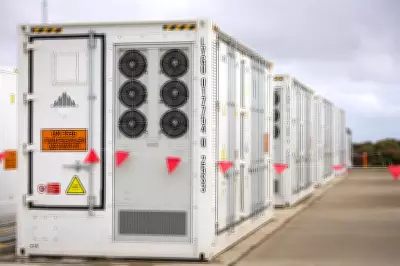
In a move that could significantly reshape Australia's defence manufacturing landscape, South Korean industrial giant Hanwha Group continues to pursue what could become one of the most substantial foreign investments in Australian maritime history.
The Battle for Austal
Hanwha Ocean, the shipbuilding division of the massive Hanwha Group, remains firmly in the running to acquire a major stake in Australian shipbuilder Austal. Despite facing stiff competition from other international players, the South Korean defence contractor hasn't abandoned its ambitious plans for the Henderson-based shipyard.
The potential acquisition represents more than just a business transaction – it's a strategic play that could position Austal as a key player in global naval supply chains while strengthening Australia's shipbuilding capabilities.
Why Austal Matters
Austal isn't just another Australian manufacturer. The company has established itself as a world leader in aluminium shipbuilding, with an impressive track record that includes:
- Constructing vessels for the Royal Australian Navy
- Operating major shipbuilding facilities in the United States
- Developing advanced patrol boats and naval auxiliaries
- Maintaining a global reputation for innovative maritime design
The shipyard's strategic location in Western Australia makes it particularly valuable, given its proximity to key Asian markets and its established infrastructure for both commercial and defence projects.
Strategic Implications
This potential investment comes at a crucial time for Australia's defence manufacturing sector. With increasing regional security concerns and growing demand for naval capabilities, Austal's shipbuilding expertise has never been more valuable.
Hanwha's interest underscores the global recognition of Australian manufacturing prowess and the strategic importance of maintaining sovereign shipbuilding capabilities. The deal, if successful, could provide Austal with the capital and international connections needed to compete for larger global contracts while preserving Australian jobs and expertise.
As the negotiations continue behind closed doors, the Australian defence and manufacturing sectors watch with keen interest, understanding that the outcome could determine the future direction of the nation's maritime industrial base for decades to come.





